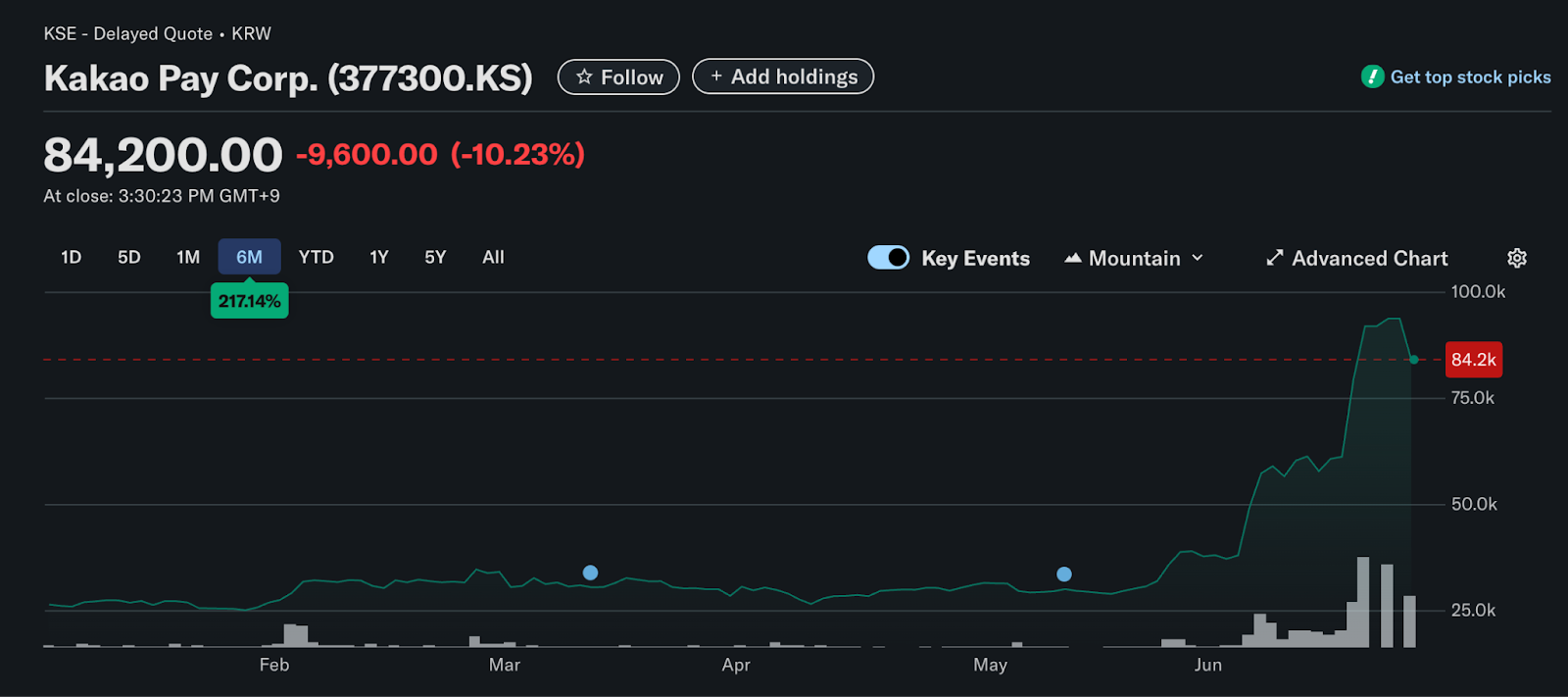Unlock the Editor’s Digest for free
Roula Khalaf, Editor of the FT, selects her favourite stories in this weekly newsletter.
Activist investor Starboard Value has submitted a non-binding proposal that would end Murdoch family control of News Corp, according to a letter sent to the company’s shareholders.
The proposal takes aim at the Murdoch family’s outsized voting weight at the media group, which has assets including The Wall Street Journal and newspapers across the globe.
Rupert Murdoch, the 93-year old patriarch, and four of his six children control News Corp through a family trust. They own about 14 per cent of the company’s equity but dual-class shares give the family control of 41 per cent of the voting power at the group, which has a $15bn market capitalisation.
Starboard owns 4.6 per cent of class B voting shares and 3.7 of class A non-voting shares. The investor has increased its class A shares from about 1.9 per cent as of its most recent disclosure in June. Its proposal, first reported by Reuters, is non-binding and there is no guarantee the News Corp board would support it.
News Corp came under pressure in 2015 to eliminate the dual-class shareholding after a measure was supported by just under half of voters, but no changes were made. The company has more recently grappled with pressure from Starboard and activist hedge fund Irenic Capital Management, which pushed for a spin-off of News Corp’s real estate assets last year.
News Corp’s board on Monday afternoon defended the dual-class stock structure, saying it “promotes stability” and allowed it to pursue long-term strategic goals.
“The company has thrived under the current structure,” it said.
The Murdoch family’s ownership has come under renewed scrutiny in recent months as Rupert Murdoch has reportedly moved to change the family’s trust to give control of the media empire to his eldest son Lachlan, Rupert Murdoch’s chosen successor who aligns with his conservative politics.
Starboard, which pushed for a break-up of the company last year, took aim at the prospect of the dual-class share control being passed on to the family’s children once the elder Murdoch relinquishes control of the business.
“There are no reasonable arguments to extend supervoting rights and de facto control to the inheritors of a founder,” Starboard’s chief executive Jeff Smith said.
“The situation at News Corp is a textbook example of one of the worst forms of a dual-class share structure — one that extends beyond any reasonable timeline and one in which supervoting rights are moving from a visionary founder to the founder’s children.”
Credit: Source link











